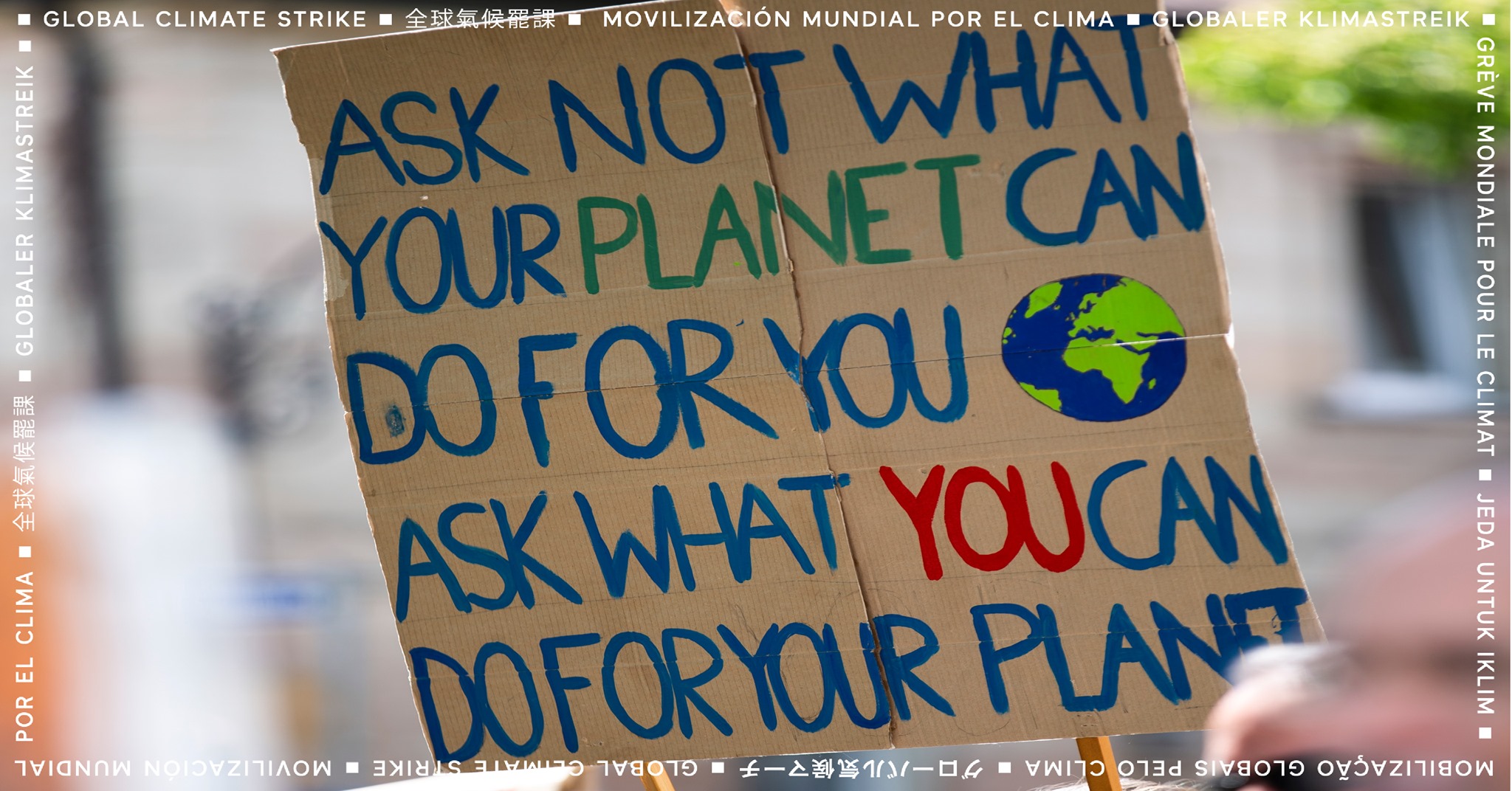If you’re reading this, know that we are grateful for your desire to contribute to bringing an equal system to life! While we must sit home and can hopefully practice selfcare, misdeeds take no rest and a number of them are still emerging from this crisis. That’s why through this System Change series, we want to find practical solutions and take the time to dive deeper into the issues we stand for. And since we care about community building, we want you to participate through a diverse range of content that raises awareness and calls for action or new inclusive ways of thinking. Our goal is to learn and grow as a movement and continue to develop visions, strategies and tactics together during these digital times!
Here you will find some guidelines and suggestions for the System Change series to help you submit any kind of informed creative piece. Let your creativity flow freely around an article, a research paper or a work of art of your choice (poem, manifesto, picture, video, illustration…)! As long as the ideas, facts, concepts or whichever statements you share highlight how we can change together, aim for better and trust in each other in this new page of history.
Don’t hesitate to reach out if anything is missing or for a suggestion. Have a good read, we’re looking forward to reading your piece!
- If relevant or possible, link the subject to one or some of the Code Rood demands, which can easily correspond to many ongoing crises.
- We want to give citizens a chance to speak for themselves and empower them to discuss a sound and equitable future. So please guide our community and viewers to other valuable resources, professionals, and experts. Hopefully the diversity of voices in this series helps build viable intersectional tactics.
- Focusing on solidarity and trying to be an enabler is also part of empowerment. In that sense, it’s great if your work lets the viewer know that they can participate in solving (one of) the crises evoked in your piece of (written) art by citing names of active associations or online communities, info events etc. Sharing is caring!
- Any communication should remind the viewer that our intention is simply to expand our ways of thinking . Not to assert that we possess some kind of “truth” that others don’t.
- Try to have the person on the receiving end see activism as something feasible and for its original goal in order to drive direct action.
- When exploring a crisis, try and highlight its roots to point out what is broken and needs to change.
- Consider to explain how the change you champion for is an opportunity for the majority and how ultimately everyone benefits from a more equal and just world, even the people in privileged positions.

